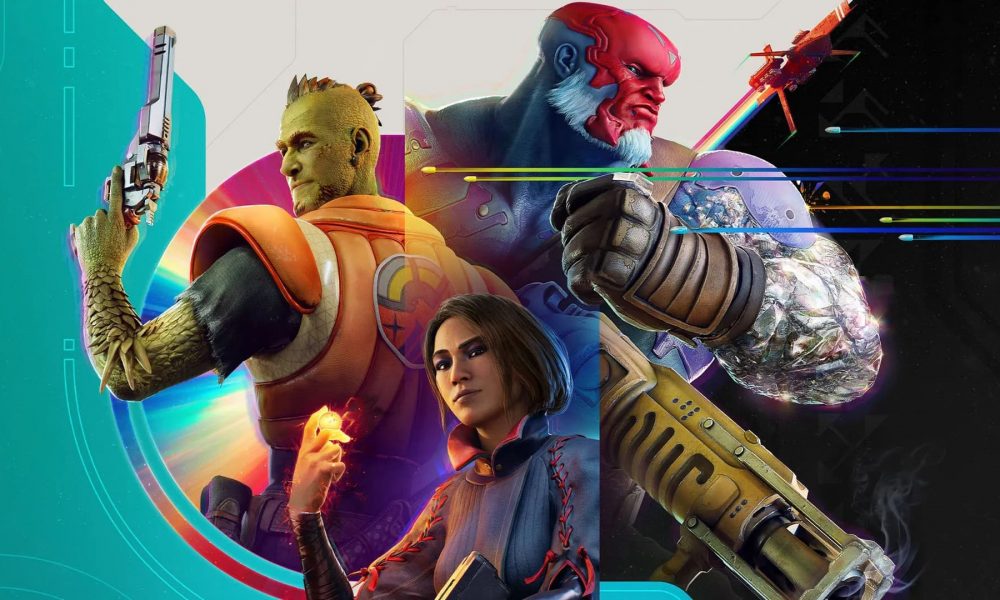

The gaming industry has always been a realm of passion, creativity, and community. However, in recent years, a troubling trend has emerged: the rise of toxic influencers and an overwhelming wave of negativity in gaming spaces. With the likes of Star Wars Outlaws and Concord being smashed on social Media feels like a realm of negativity. I wanted to explore the factors contributing to this phenomenon, its impact on the industry, and the role of social media algorithms in perpetuating this cycle.
The Rise of Toxic Influencers
Pre-Release Negativity
One of the most concerning trends is the increasing tendency for influencers to post negative content about games before they’re even released. This premature criticism often lacks substance and is based on limited information or speculation. Recent examples include:
- Star Wars Outlaws: Months before its release, some influencers began criticising the game’s graphics and speculating about its storyline, despite limited official information.
- Concord: Following its announcement, certain content creators immediately began questioning the game’s potential success, focusing on perceived flaws in the concept rather than its innovative aspects.
Previously, we have seen similar negativity for Hogwarts Legacy, Suicide Squad and Redfall to name a few. These games were passion projects and many players really enjoyed them. However, it feels like entitled influencers can spread hate because QA wasn’t perfect or if the characters don’t look like the copy/paste clone from other games in the genre. Video games are software, and software has bugs, QA can not test for every eventuality. Why do games have to be perfect, I’m sure these influencers have made spelling errors, said something without all the information or just made mistakes. Here is a list of car recalls in the UK because of issues or dangerous problems. Are we going to cancel BMW, RENAULT, FERRARI because their cars leaked fuel, had electrical problems or a broken emergency call function?
When I make games, I make them for me and whomever might enjoy them. If my games aren’t for you don’t play them but don’t rip it to shreds because you will get some views. If there is a bug, report it and it will get fixed in the next update. The developer will thank you for it.
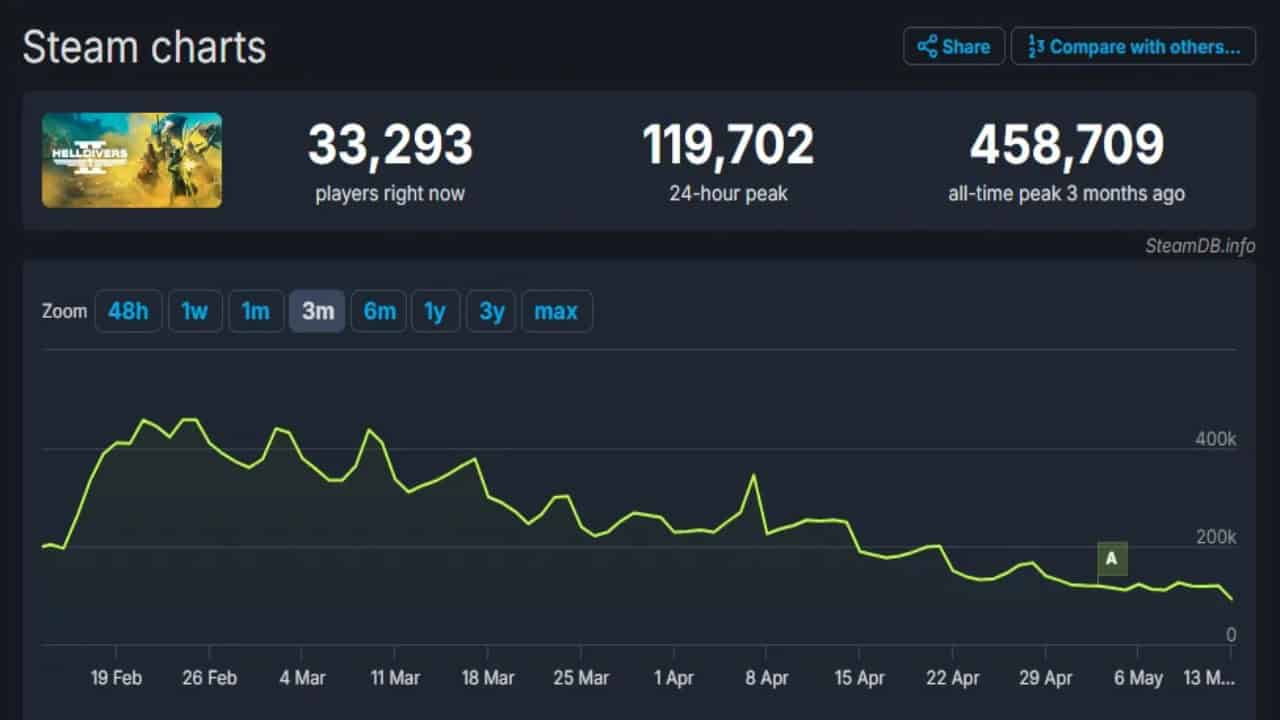
The Steam Player Count Obsession
Another toxic behavior involves fixating on Steam player counts, especially for newly released games. Influencers often use these numbers out of context to declare a game “dead on arrival” or a “flop,” ignoring factors such as:
- Games available on multiple platforms
- Single-player experiences that don’t require large concurrent player bases
- Gradual growth of player bases over time
This rush to judgment can create a self-fulfilling prophecy, discouraging potential players from trying games that might otherwise have found success.
When Concord was released, it was the end of summer, people were out in the sun, flat broke and already had a list of games a mile long that they didn’t jump on the game on day one paying full price. It also came out at the same time as other big games such as Star Wars Outlaws, Valorant, Visions of Mana and Black Myth: Wukong. If the studio had let it breath for a while, numbers may have increased.
The Algorithm’s Role
TikTok and YouTube: Amplifying Negativity
Social media platforms, particularly TikTok and YouTube, play a significant role in this toxic ecosystem. Their algorithms often favour controversial or negative content because it tends to generate more engagement. This creates a problematic incentive structure:
- Negative videos perform well in terms of views and engagement.
- Content creators are rewarded (monetarily and with increased visibility) for producing more negative content.
- The cycle continues, with creators feeling pressured to maintain this negative stance to remain “successful” according to platform metrics.
Having over 2 million views on YouTube, I can see how it works. Some videos do really well. For example, My Xbox Games For Children had thousands of views and it turned my head, I then did Licensed Xbox Games for Children, then Meta Quest Games for Kids and others in a similar vein and they all did very well. But then I realised that I didn’t start a gaming blog to spew out a stream of ‘Games For Kids’ content even though the algorithm was telling me that I was a success. The same happens with negative content. The creators are rewarded with money and views and feel the need to replicate the content to keep it up. I wonder if you asked these people if they actually want to bitch about video games all the time, I wonder how many would say that was their dream job.
The Engagement Trap
Content creators who initially entered the space out of passion for gaming find themselves trapped in a cycle of criticism. The fear of losing relevance or income pushes them to continue producing negative content, even if it goes against their genuine opinions or the best interests of the gaming community. I vaguely remember that Twitter was once called an echo-chamber for hatred and negativity, it seems like the other social media channels have the same potential to become a similar echo-chamber.
Impact on the Gaming Industry
Developer Morale and Job Security
The constant barrage of negativity takes a toll on game developers. When games fail to meet inflated expectations or sales targets (partly due to the pre-release negativity), it often results in layoffs and studio closures. This, in turn, provides more ammunition for toxic influencers to criticise the industry, creating a vicious cycle. Concord was in development for eight years and for many in the team, they were happy to see it ship. A week later, they are told that they are shutting it down.
Stifled Innovation
The fear of harsh, immediate criticism can lead to risk-averse decision-making in game development. Studios may be less likely to take creative risks, instead opting for “safer” choices that are less likely to attract negative attention. Why spend time and money creating something new and original when you can just create Overwatch with Marvel characters or another Assassins Creed.
Breaking the Cycle
Responsibility of Platforms
Social media platforms need to reevaluate their algorithms to ensure they’re not inadvertently promoting toxic behavior. This could involve:
- Adjusting recommendation systems to favor balanced or constructive content
- Implementing better content moderation to curb extreme negativity or misinformation
Consumer Awareness
Gamers should be encouraged to:
- Seek out diverse opinions before forming judgments on games
- Support content creators who provide balanced, thoughtful critiques
- Be aware of the potential biases in the content they consume
Industry Response
Game developers and publishers can combat this trend by:
- Fostering more direct, positive relationships with their communities
- Being transparent about development processes and challenges
- Highlighting positive aspects of gaming culture and success stories within the industry
Now What?
The rise of toxic gaming culture, fueled by negative influencers and amplified by social media algorithms, poses a significant challenge to the gaming industry. By understanding these dynamics and taking collective action, we can work towards a more positive, constructive gaming community that supports innovation and creativity in game development.
Play games and form your own opinion, you might find Hogwarts Legacy is the perfect way to experience the world of Harry Potter or that Star Wars Outlaws has a fun story despite some glitches. Don’t let the negativity of a few ruin the gaming industry.


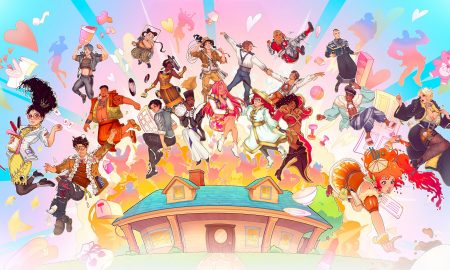











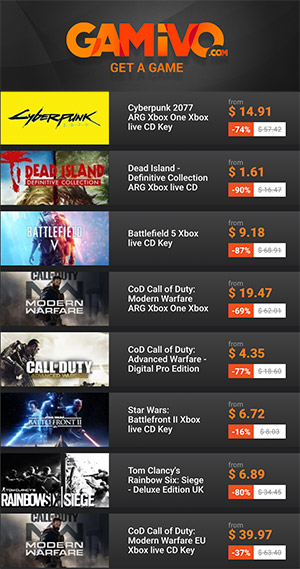
















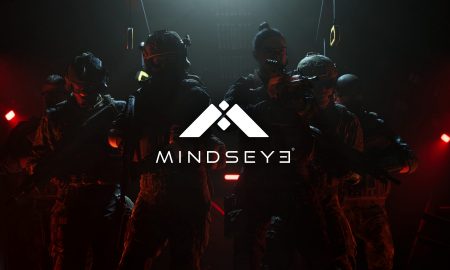
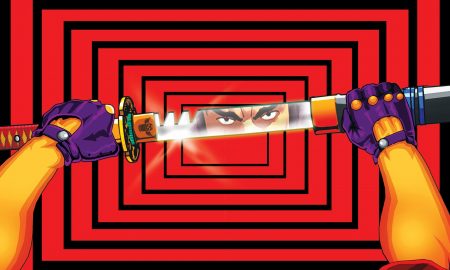
You must be logged in to post a comment Login